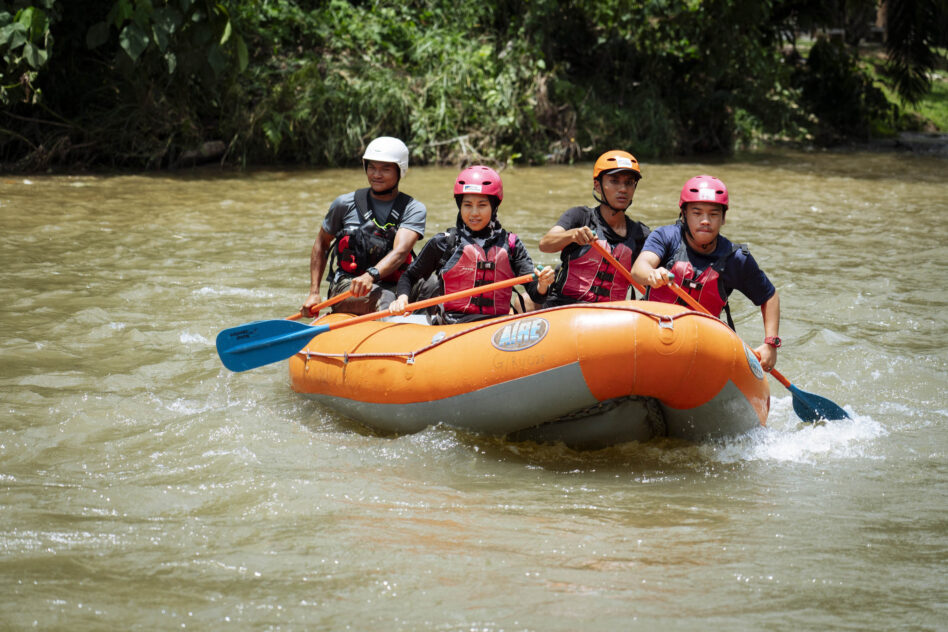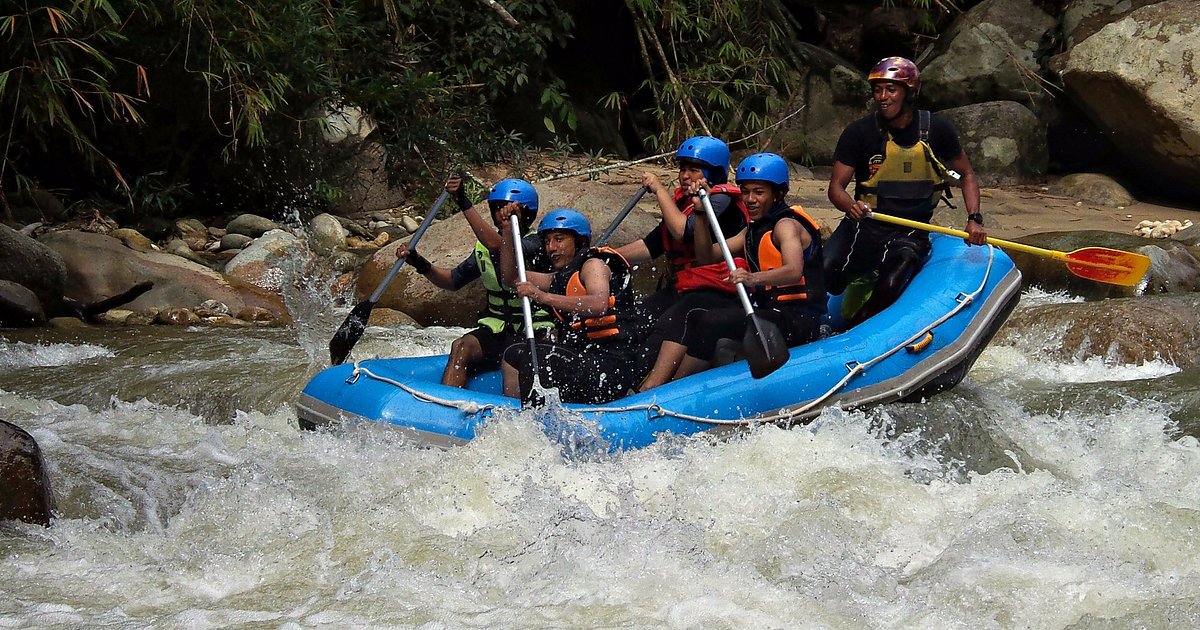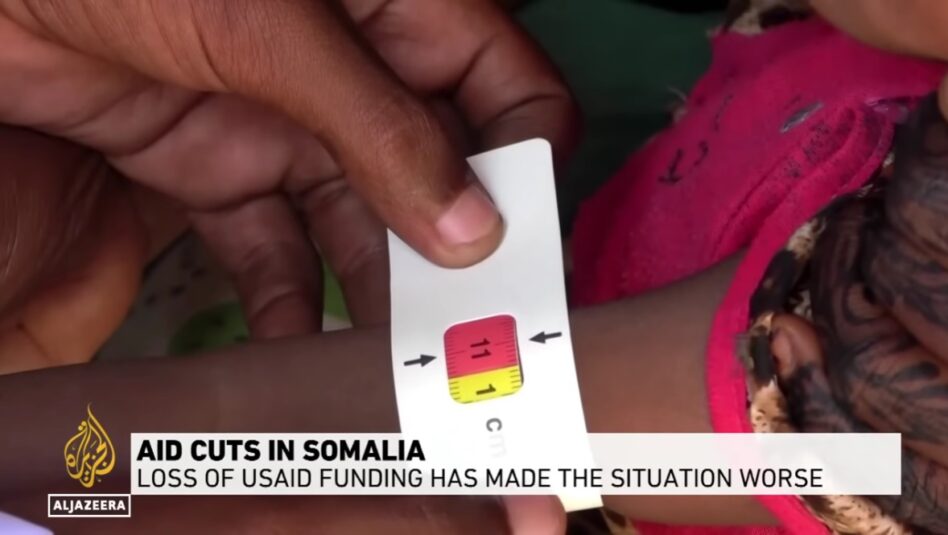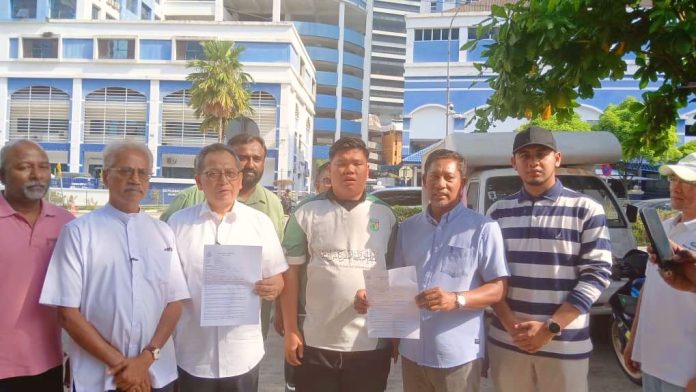A LETTER written in the name of tourism operators representing hotel owners, transport providers, food and beverage businesses, and adventure organisers in Gopeng was recently published by the media.
The group expressed concern with the Nov 15 drowning of three participants in a team-building activity while rafting in Sungai Jahang amidst continuous heavy rain that resulted in a water surge, capsizing a boat carrying six passengers and a guide.
In the aftermath, the Kampar district disaster management committee declared that all recreational and outdoor activities to be halted until further notice. The towns of Kampar and Gopeng are 19km apart in the same district and used to produce huge amounts of tin ore.
The suspension of outdoor activities has impacted tourism operators, and they are keen to prevent a recurrence of river mishaps. They are calling on the government to conduct a comprehensive review of the adventure tourism industry to tighten safety measures.
However, the above call is unlikely to trigger any concrete action until specific bodies and the practical steps that could be taken are identified.
For a start, the ‘government’ needs to be specified, as it could be a federal ministry, state government, local authorities, or a combination.
A good start would be for the Tourism, Arts and Culture Ministry (Motac) to announce plans for the licensing of river guides by 2027.
This will allow all parties sufficient time to prepare, including drafting and enforcing regulations, conducting training, and monitoring river rafting activities.
I specified river guides as attempting to cover all adventure activities from the start will be a tall order. Besides, there is existing training and licensing for nature guides and Motac’s Eco-Host programme on the importance of preserving the natural environment, among other initiatives.
The first step is for Motac to have a meeting with river adventure operators in Peninsular Malaysia including the concerned tourism operators in Gopeng and the Association of Tourism Training Institutes of Malaysia to discuss training for river adventure operators and guides.
The second step is to schedule a two-day workshop to develop a one-day training programme for river adventure operators including both office and field staff or workers. If conducted in Gopeng or Kampar, participants could view Sungai Jahang before the two-day workshop.
One of the many outcomes of the meeting is to identify participants to be invited for the workshop, which can also be conducted In Kuala Lumpur or Putrajaya for the convenience of participants from other parts of the country, especially those from Sabah and Sarawak.

In the past, participants of such workshops started from scratch and needed the whole morning for them to sink in before they could contribute significantly.
One interesting example was the workshop organised in 2018 to revise the Travel and Tours Enhancement Course.
The group tasked to develop the module on “Tourism Law & Best Practices” ended the two-day workshop with nothing to show, although they were made up of industry leaders, legal experts, and law lecturers, and were engaged in intense debates and heated exchanges.
The four other groups were able to develop PowerPoint slides needed to conduct training with various degrees of success and they were amended or fine-tuned before being used to conduct training for travel and tour operators from late 2019 to early 2022.
To develop the new “River Adventure Operations Course (RAOC)”, participants should be encouraged to try developing a few slides on their own and share them with other participants before the workshop to stimulate discussions and generate ideas to start the ball rolling.
The course should start with an introduction to tourism and the various laws and licensing required for operators before diving into standard operating procedures to organise and conduct river adventures plus contingency plans, which are to be activated in emergencies.
Once the new course is fine-tuned and finalised, a two-day Train-the-Trainer workshop could be organised so that attendees can be certified to conduct training for RAOC nationwide. By then, all involved will have a better idea of the next step – how to train and license river guides.
For example, those who wish to work as city guides enrol in a part-time course for between four to six months and obtain practical training in the classroom and onboard a tour bus.
They may be licensed for the whole country but confine their guiding to either the peninsula, Sabah, or Sarawak for practical reasons.
However, nature guides are highly specialised and are limited to areas where they are trained. It involves agencies such as Jabatan Perlindungan Hidupan Liar dan Taman Negara Semenajung Malaysia (PERHILITAN) or the Department of Wildlife and National Parks of Peninsular Malaysia.
In conclusion, a holistic approach is necessary to make river adventures much safer and involves multi-governmental agencies and various tourism operators. It cannot be achieved overnight but can evolve gradually and steadily by taking concrete and incremental steps. – Dec 9, 2024
YS Chan is master trainer for Mesra Malaysia and Travel & Tours Enhancement Course as well as an Asean Tourism Master Trainer. He is also a transport and training consultant and writer.
The views expressed are solely of the author and do not necessarily reflect those of Focus Malaysia.
Main image: Tripadvisor









